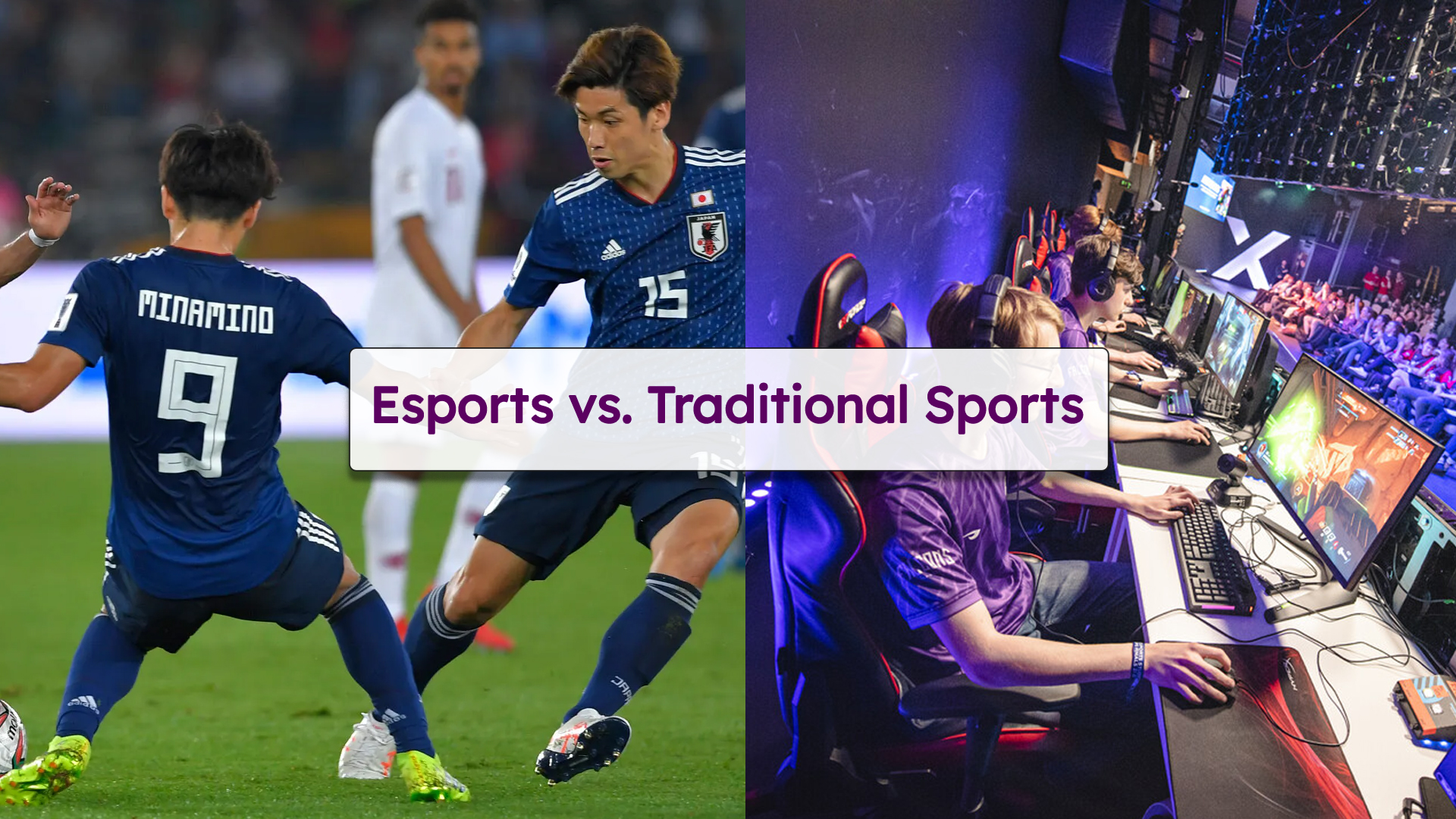Over the past two decades, esports has transformed from a niche subculture into a billion-dollar industry, captivating audiences worldwide. With its growing popularity, many are beginning to ask: Can competitive gaming overtake traditional sports in terms of viewership, revenue, and cultural significance?
The Rise of Esports
Esports, or electronic sports, refers to competitive video gaming where professional players and teams compete in titles such as League of Legends, Counter-Strike, and Dota 2. What was once a pastime confined to basements and arcades has now evolved into a global phenomenon, with tournaments filling arenas and streaming platforms boasting millions of viewers.
Several factors contribute to the meteoric rise of esports:
- Accessibility: Unlike traditional sports that require physical infrastructure, esports can be played from almost anywhere with an internet connection.
- Global Reach: Streaming platforms like Twitch and YouTube Gaming allow fans from all over the world to watch matches live, eliminating geographic limitations.
- Massive Prize Pools: Some esports tournaments, like The International for Dota 2, offer prize pools exceeding $40 million, surpassing many traditional sporting events.
- Younger Audience: Esports is particularly popular among Gen Z and millennials, demographics that consume entertainment digitally rather than through traditional cable television.
The Strength of Traditional Sports
Despite the rapid growth of esports, traditional sports remain deeply embedded in global culture. Sports like football (soccer), basketball, and baseball have legacies spanning decades, if not centuries, and enjoy widespread appeal across generations.
Key strengths of traditional sports include:
- Physicality and Health Benefits: Traditional sports encourage physical activity, fitness, and teamwork in a way that esports cannot replicate.
- Institutional Backing: Established leagues such as the NBA, NFL, and FIFA have long-standing credibility and extensive media rights deals.
- Diverse Fan Engagement: While esports thrives online, traditional sports dominate television broadcasts and live attendance, ensuring multiple revenue streams.
- Olympic Recognition: With some esports titles still struggling for mainstream acceptance, traditional sports maintain prestige through events like the Olympics and World Cup.
The Future: Can Esports Overtake Traditional Sports?
While esports continues to grow at an unprecedented rate, overtaking traditional sports is no small feat. However, the lines between the two are beginning to blur. Major sports organizations are investing in esports, and some traditional athletes, like NBA stars, are becoming team owners in gaming leagues.
Potential indicators of esports surpassing traditional sports include:
- Increased Monetization and Sponsorship Deals: More brands are recognizing the marketing potential of esports and are investing heavily.
- Growing Infrastructure and Mainstream Integration: Universities now offer esports scholarships, and international tournaments continue to expand.
- Technological Advancements: As virtual reality (VR) and augmented reality (AR) evolve, esports may become even more immersive, attracting larger audiences.
Conclusion
While traditional sports are unlikely to be completely replaced, esports is undoubtedly carving out a significant space in the competitive entertainment landscape. Instead of a battle between the two, the future may see a coexistence where esports and traditional sports influence and complement one another.


